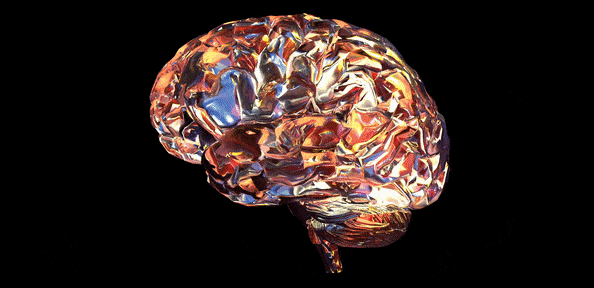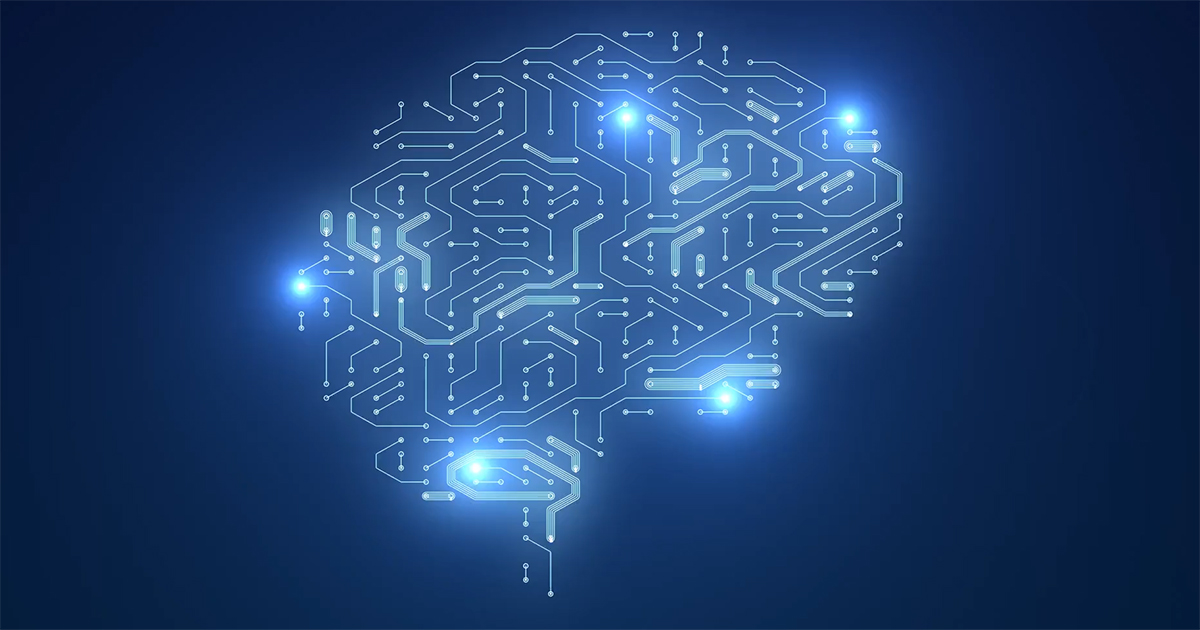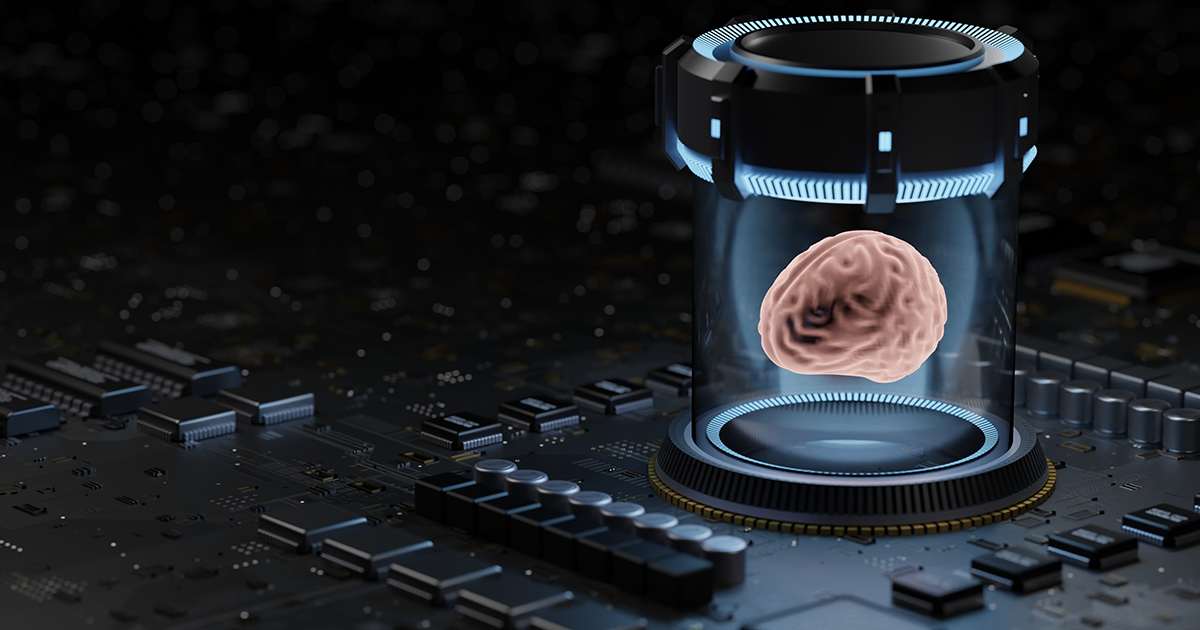
READ MORE: The Model Is The Message (NOĒMA)
Google may have fired computer programmer Blake Lemoine and hoped to draw a line under the debate about whether its AI is sentient or not (Google says not). But that’s a mistake.
Lemoine should be applauded for opening up a can of philosophical worms that will frame debates about intelligence, machine consciousness, language and human-AI interaction in the coming years.
Most thinkers on the topic do not conclude that LaMDA is conscious in the ways that Lemoine believes it to be, concluding that his inference is based in motivated anthropomorphic projection. At the same time, it is also possible that AI models are “intelligent” — and even “conscious” in some way — depending on how those terms are defined.
“For example, an AI may be genuinely intelligent in some way but only sentient in the restrictive sense of sensing and acting deliberately on external information,” Benjamin Bratton, a philosopher of technology and professor at the University of California, San Diego, and Blaise Agüera y Arcas, a VP and fellow at Google Research, write in an article for NOĒMA.
“Perhaps the real lesson for philosophy of AI is that reality has outpaced the available language to parse what is already at hand. A more precise vocabulary is essential.”
Bratton and Agüera y Arcas argue that we need more specific and creative language that can cut the knots around terms like “sentience,” “ethics,” “intelligence,” and even “artificial,” in order to name and measure what is already here and orient what is to come.
EXPLORING ARTIFICIAL INTELLIGENCE:
With nearly half of all media and media tech companies incorporating Artificial Intelligence into their operations or product lines, AI and machine learning tools are rapidly transforming content creation, delivery and consumption. Find out what you need to know with these essential insights curated from the NAB Amplify archives:
- This Will Be Your 2032: Quantum Sensors, AI With Feeling, and Life Beyond Glass
- Learn How Data, AI and Automation Will Shape Your Future
- Where Are We With AI and ML in M&E?
- How Creativity and Data Are a Match Made in Hollywood/Heaven
- How to Process the Difference Between AI and Machine Learning
This has come to a head because of the advance in artificial intelligence that LaMDA, the Google AI, has achieved. It is doing a lot more than just reproducing pre-scripted responses. It is instead constructing new sentences, tendencies, and attitudes “on the fly” in response to the flow of conversation.
“For LaMDA to achieve this means it is doing something pretty tricky: it is mind modelling,” explains Bratton. “It seems to have enough of a sense of itself — not necessarily as a subjective mind, but as a construction in the mind of Lemoine — that it can react accordingly and thus amplify his anthropomorphic projection of personhood.”
Put differently, there may be some kind of real intelligence here, not in the way Lemoine asserts, but in how the AI models itself according to how it thinks Lemoine thinks of it.
“In the history of AI philosophy, from Turing’s Test to Searle’s Chinese Room, the performance of language has played a central conceptual role in debates as to where sentience may or may not be in human-AI interaction. It does again today and will continue to do so. As we see, chatbots and artificially generated text are becoming more convincing.”
— Benjamin Bratton & Blaise Agüera y Arcas
Some neuroscientists posit that the emergence of consciousness is the effect of this exact kind of mind modeling. Michael Graziano, a professor of neuroscience and psychology at Princeton is one of them. He suggests that consciousness is the evolutionary result of minds getting good at empathetically modeling other minds and then, over evolutionary time, turning that process inward on themselves.
Put differently, it is no less interesting that a non-sentient machine could perform so many feats deeply associated with human sapience as that has profound implications for what sapience is and is not.
Here’s a conundrum: Is it anthropomorphism to call what a light sensor does machine “vision,” or should the definition of vision include all photoreceptive responses, even photosynthesis?
And another: At what point is calling synthetic language “language” accurate, as opposed to metaphorical?
The way we talk about and label the world has, well, real-world implications. You don’t have to have studied your Wittgenstein to know this.
“The path of augmented intelligence, whereby human sapience and machine cunning collaborate as well as a driver and a car or a surgeon and her scalpel, will almost certainly result in amalgamations that are not merely prosthetic, but which fuse categories of self and object, me and it.”
— Benjamin Bratton & Blaise Agüera y Arcas
As Bratton and Agüera y Arcas put it, “In the history of AI philosophy, from Turing’s Test to Searle’s Chinese Room, the performance of language has played a central conceptual role in debates as to where sentience may or may not be in human-AI interaction. It does again today and will continue to do so. As we see, chatbots and artificially generated text are becoming more convincing.”
Trying to peel belief and reality apart is always difficult. Here the question is not whether the person is imagining things in the AI but whether the AI is imagining things about the world, and whether the human accepts the AI’s conclusions as insights or dismisses them as noise. The philosophical term for this is the Artificial Epistemology Confidence Problem.
It has been suggested, Bratton and Agüera y Arcas note, that there should be a clear line prohibiting the construction of AIs that convincingly mimic humans due to the evident harms and dangers of rampant impersonation.
“A future filled with deepfakes, evangelical scams, manipulative psychological projections, etc. is to be avoided at all costs. These dark possibilities are real, but so are many equally weird and less unanimously negative sorts of synthetic humanism.
“The path of augmented intelligence, whereby human sapience and machine cunning collaborate as well as a driver and a car or a surgeon and her scalpel, will almost certainly result in amalgamations that are not merely prosthetic, but which fuse categories of self and object, me and it.”
In other words, our definitions of “me, myself and I,” plus “it,” are about to get a whole more pixelated.
Watch This: Is the Universe Just a Brain?
How do you know you’re a person who has lived your life, rather than a just-formed brain full of artificial memories, momentarily hallucinating a reality that doesn’t actually exist? That may sound absurd, but it’s kept several generations of top cosmologists up at night. They call it: the Boltzmann brain paradox. Fabio Pacucci explores this mind-numbing thought experiment.




